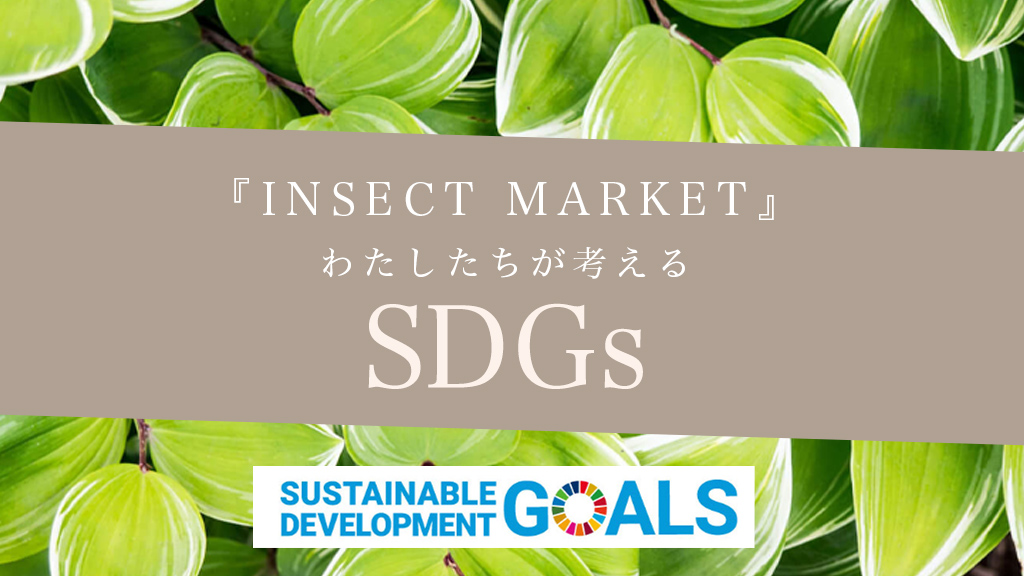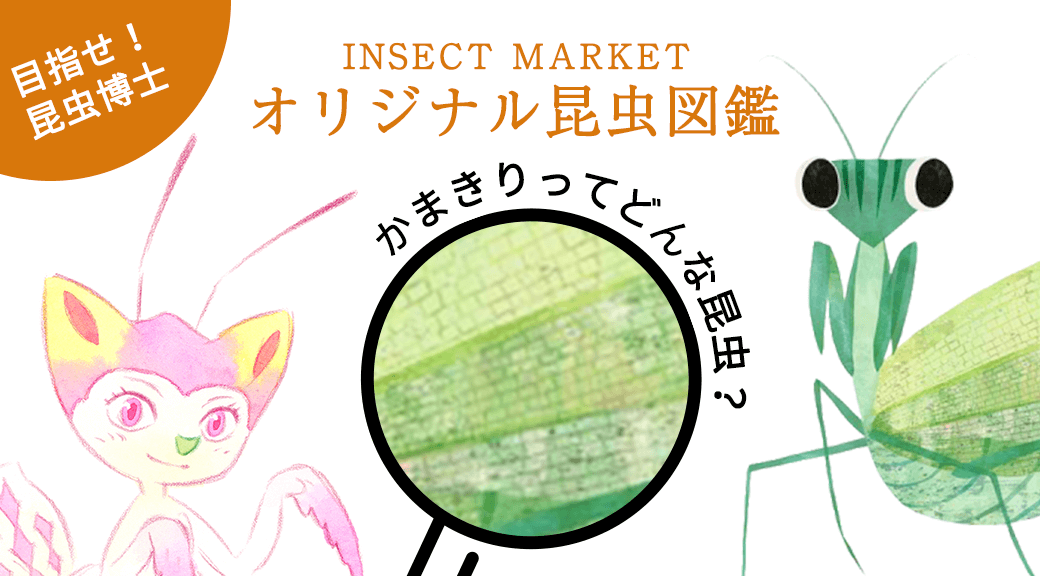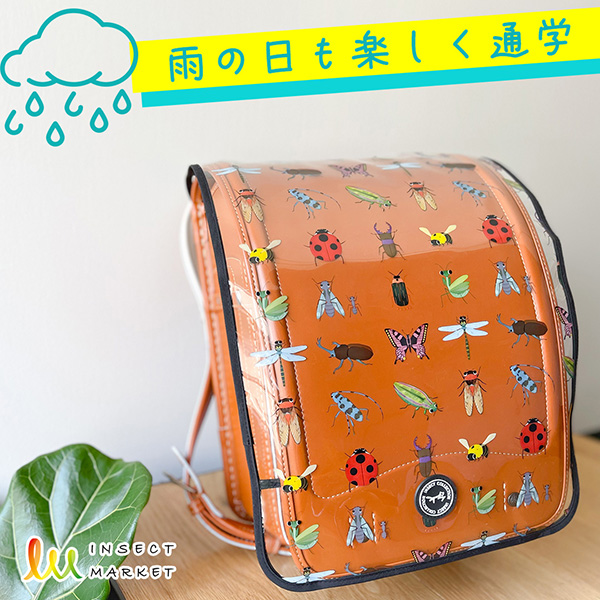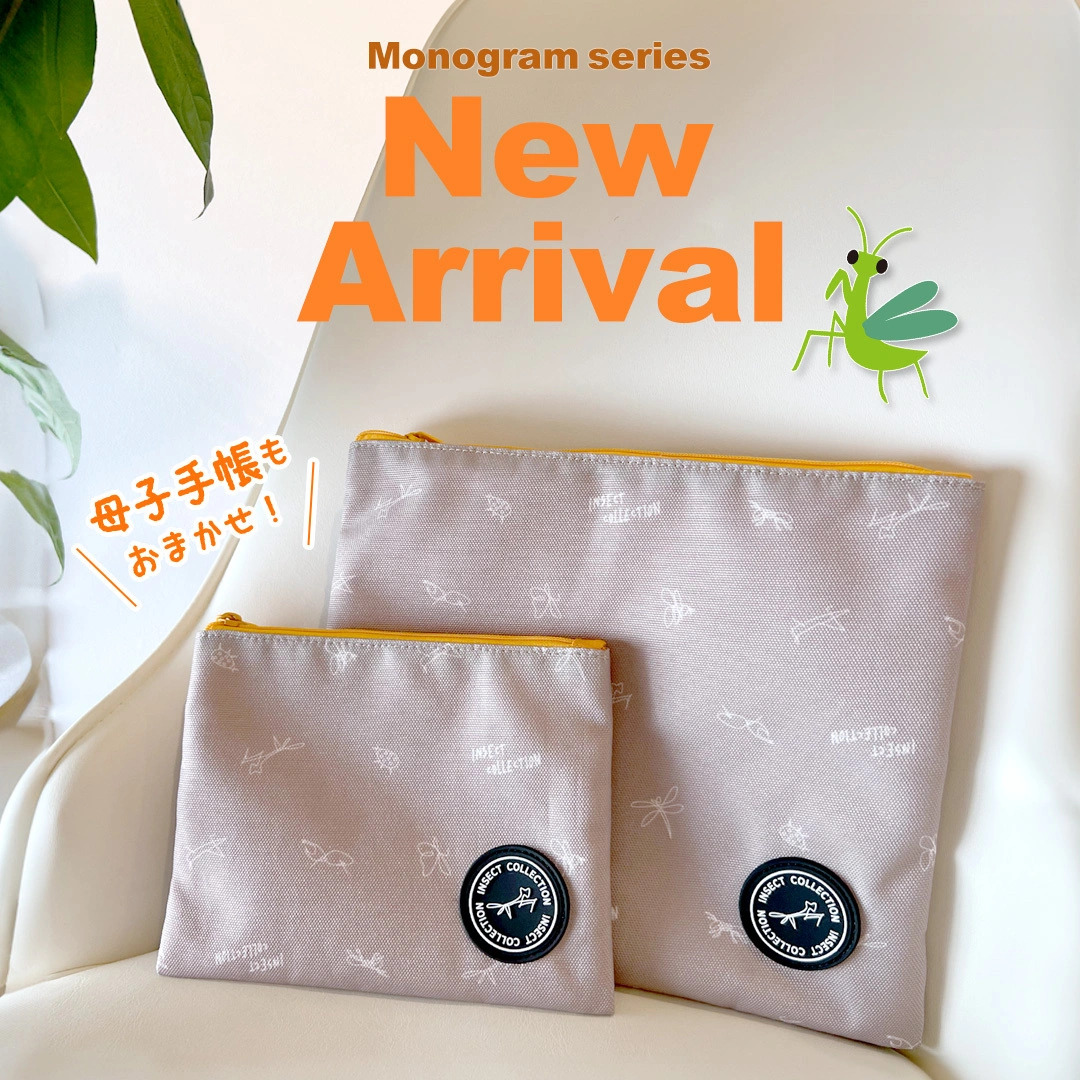What is education for sustainable development- ESD-?
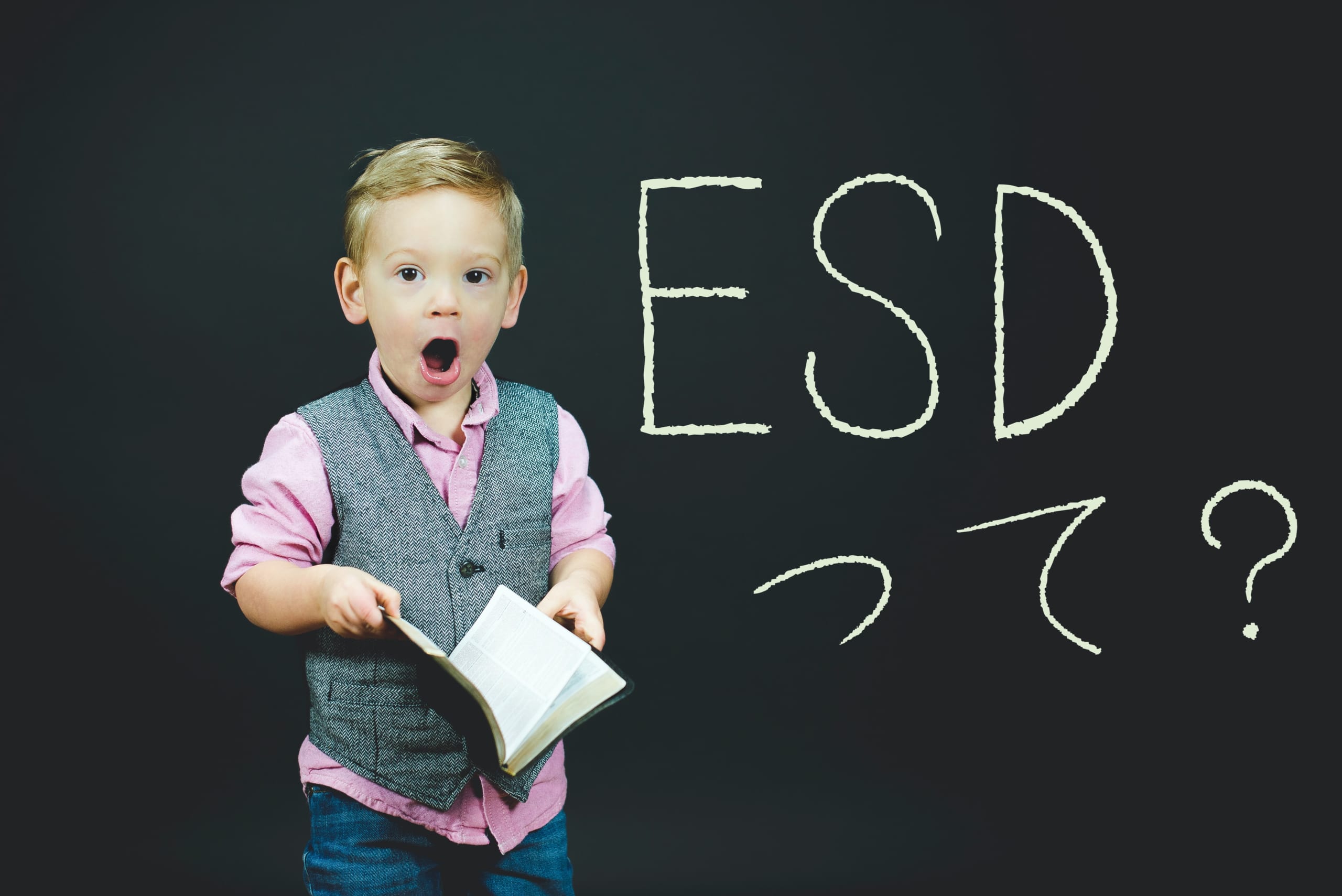
Insect MARKET’s intellectual education article often talks about sustainable development goals SDGs.
Today, I would like to talk about ESD, an activity that educates people who can learn and take action on their own.
Led by the United Nations’ only educational organization, the United Nations Educational, Scientific and Cultural Organization, UNESCO, esd, which is being worked on around the world, stands for Education for Sustainable Development. The meaning is “Education for sustainable development goals” as it is.
ESD is said to be the key to achieving SDGs.
There are various global issues in the world, such as environment, poverty, human rights, peace, and development, and all 17 items of The SDGs begin by learning about each social issue and recognizing its importance.
[blogcard url=”https://insect.market/blog/media/insect-market-sdgs/”]

ESD is not caused by the rise of SDGs.
Japan’s proposal included a description of “10 Years of ESD” in the 2002 World Summit Plan, and from 2005 to 2014 it was implemented as a “10 years of sustainable development education” with the goal of incorporating sustainable development principles, values, and practices into all aspects of education and learning.
From 2015 to last year, esd was promoted based on the Global Action Program (GAP), but many people wonder whether recognition in Japan has progressed.
The word ESD itself may not be familiar, but it may have already been learned widely.
For example, through science classes, you can observe creatures and nature, foster interest in the environment, and develop knowledge of limited energy resources. It is not all new concepts, such as learning about the history of your country and the characteristics of your country in social classes and making use of it in the international community.
The following examples are cited as the “six perspectives” that constitute the creation of a sustainable society that ESD aims to achieve.
1 Diversity (various)
2 Reciprocity (interrelated)
3 Finite (limited)
4 Fairness (important to each person)
5 Cooperation (together)
6 System of responsibility (responsibly)
In this way, I think that education for sustainable development is human education itself.
In order for both humans and insects to continue living on this earth, we, along with our schools, families, and society, contribute to ESD so that children can think and act on what they can do and live in the tough times of the future.
[blogcard url=”https://insect.market/blog/media/education-triangle/”]








